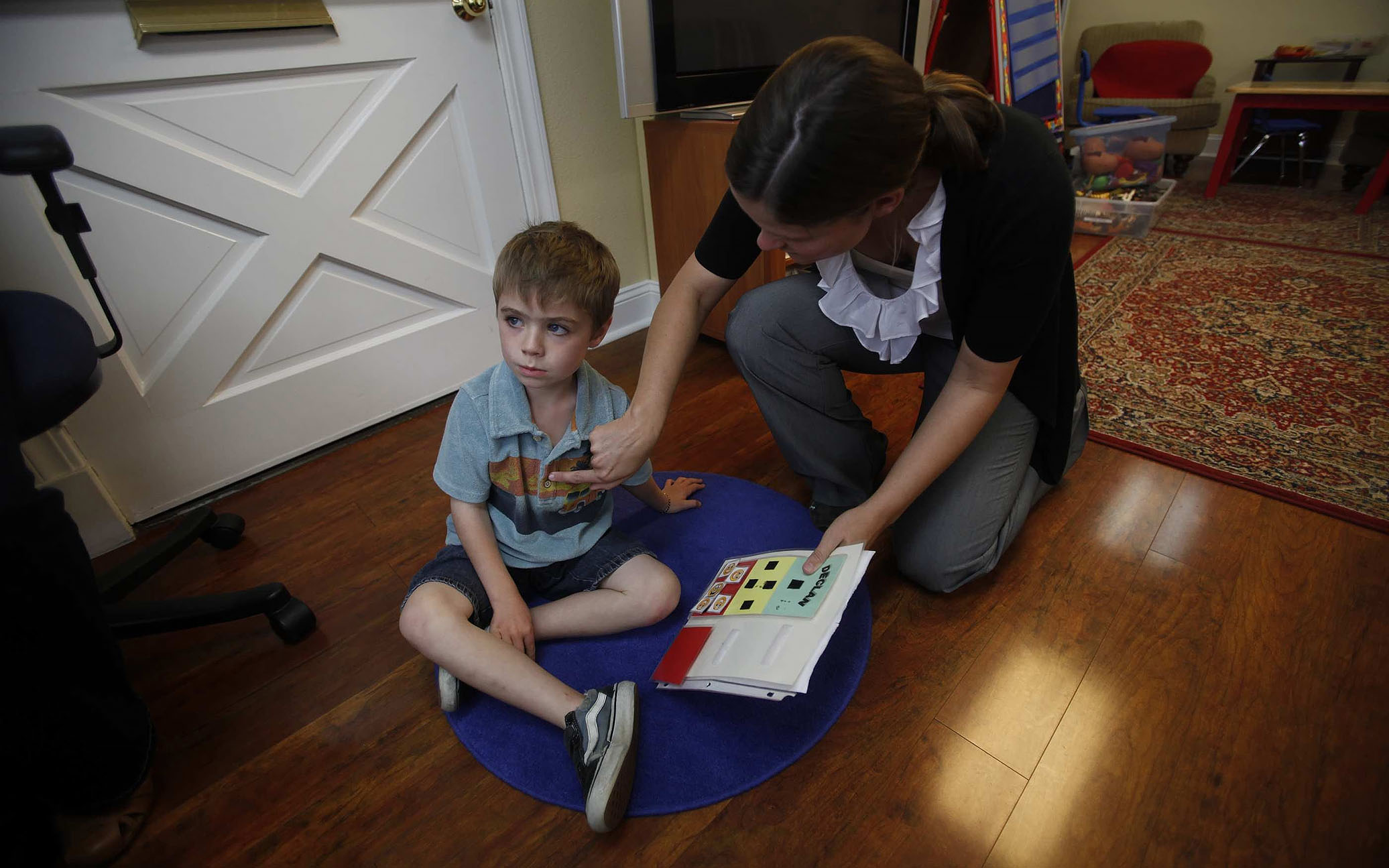Amy Higgins
About one in 110 children in the United States has an autism spectrum disorder (ASD), according to the federal Centers of Disease Control and Prevention. While there is no cure for ASD, diagnosing children early on is vital for treatment. The National Conference of State Legislatures (NCSL) lists the following treatment options:
- Behavioral and educational interventions.
- Complementary and alternative medicine.
- Dietary changes.
- Medication to relieve symptoms.
But diagnosing and treating autism can be expensive. NCSL says some families may spend more than $50,000 a year on autism-related therapies, and the Autism Society estimates that the lifetime cost of caring for a child with autism ranges from $3.5 million to $5 million. For many families, health insurance coverage is less than generous. But the federal health care reform law as well as individual state laws can alleviate some of the costs of diagnosis and treatment.
Federal health care reform law
The federal health care reform law requires insurers to include coverage for certain preventative services without any out-of-pocket expenses for patients. That list includes autism screenings for children.
According to the New York Insurance Department, the law requires insurance companies to cover autism screenings for children between 18 and 24 months of age without charging families a co-pay or co-insurance, or making them meet a deductible first. These rules apply to all health insurance plans issued on Sept. 23, 2010, or afterward.
Missouri
Missouri’s new autism insurance law went into effect Jan. 1, 2011. Insurance policies that are issued or renewed since that date are required to include treatment coverage for children under age 19 who are diagnosed with autism or an ASD, according to the Department of Insurance, Financial Institutions and Professional Registration. Benefits include up to $40,000 in treatments a year.
Covered treatments include:
- Psychiatric care.
- Psychological care.
- Habilitative or rehabilitative care.
- Applied behavior analysis.
- Therapeutic care.
- Pharmaceutical care.
Insurers likely will require the policyholder’s health care provider to make a formal request for a proposed course of treatment. Treatments that are not medically necessary might not be covered. The new Missouri law applies to group health insurance policies, but those with individual plans can add this coverage as well. Companies that insure Missouri residents must comply with this new law even if the policy is written outside the state.
Indiana
Most individuals with group health plans issued under Indiana state law are covered for ASD therapies. Self-insured companies and out-of-state companies that employ Indiana residents are not required to provide ASD coverage.
According to the Indiana Institute on Disability and Community (IIDC), insurance providers may cover the following ASD therapies:
- Applied behavioral analysis.
- Behavior training and behavior management.
- Speech therapy.
- Occupational therapy.
- Physical therapy.
- Medications to address symptoms of ASD.
The law requires the prescribing physician to submit a care plan to the insurance company, according to Indiana state officials. By doing so, policyholders can make certain they’re complying with their insurance provider’s guidelines. However, if there is a long waitlist for an in-network health care provider, the insurer must pay for out-of-network care until an in-network provider becomes available.
Other states
As of 2011, 35 states and the District of Columbia already had laws related to autism and health insurance coverage, and at least 23 of those states require that insurers provide coverage for autism treatment, according to NCSL.
Increased awareness of autism has accelerated autism insurance laws. In 2010 alone, eight states passed laws requiring insurance companies to provide coverage for autism.

1 thought on “State and federal laws expand health insurance coverage for autism”